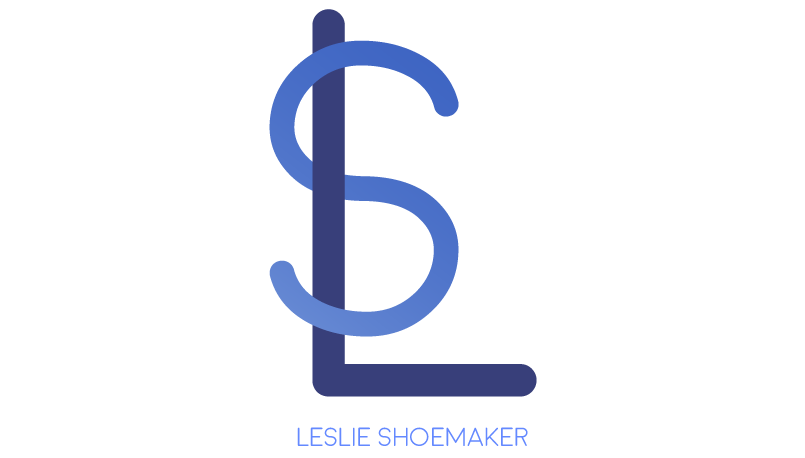What is Counselling?
Therapy provides a space to discuss and explore a specific problem(s), to learn new skills and knowledge as well as to gain a greater understanding about the presenting difficulty and oneself in order to create lasting change. As a Counselling Psychologist, I work in collaboration with my clients to look at where and how change can be created to help facilitate them in committing to living more fulfilled lives.
Theoretical Counselling Models
Acceptance and Commitment Therapy (ACT) is part of the Cognitive Behavioural Therapy (CBT) family of therapy. ACT, which is pronounced as the word ‘act’ rather than the initials A-C-T, has become an increasingly popular therapy because this action-oriented approach is focused on creating psychological flexibility rather than just symptom reduction. This is accomplished by working with a client’s value system, which is the map to personal life choices, while incorporating the concepts and techniques related to mindfulness. In addition, ACT includes self-compassion as well as acknowledging what is in and out of an individual’s control while identifying and taking the actions that will assist a person in moving towards their goals.
ACT was developed by psychologist, Steve Hayes, in the 1990’s in response to his experiences with his own anxiety, and there is now an international body of research behind ACT which demonstrates its effectiveness. This therapy has been shown to be helpful with anxiety, obsessive compulsive disorder (OCD), panic attacks, social anxiety, self-esteem, anger difficulties, loss and depression. Where ACT differs from CBT is how it does not involve reframing or disputing thoughts and feelings as CBT encourages but instead, ACT is about learning to notice and view these experiences through a different viewpoint.
